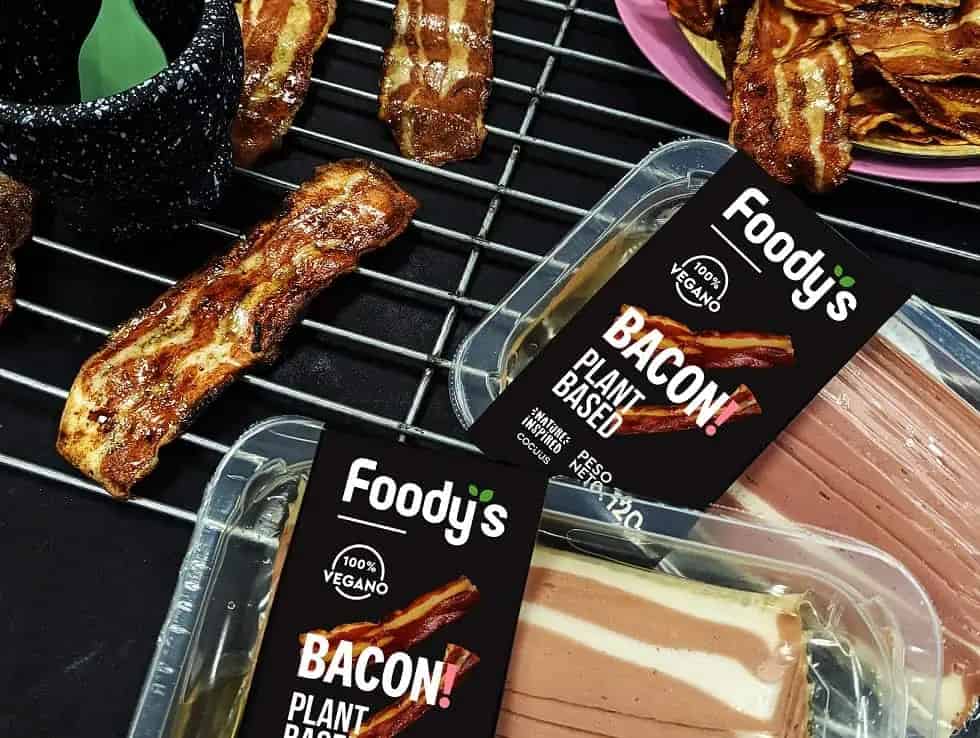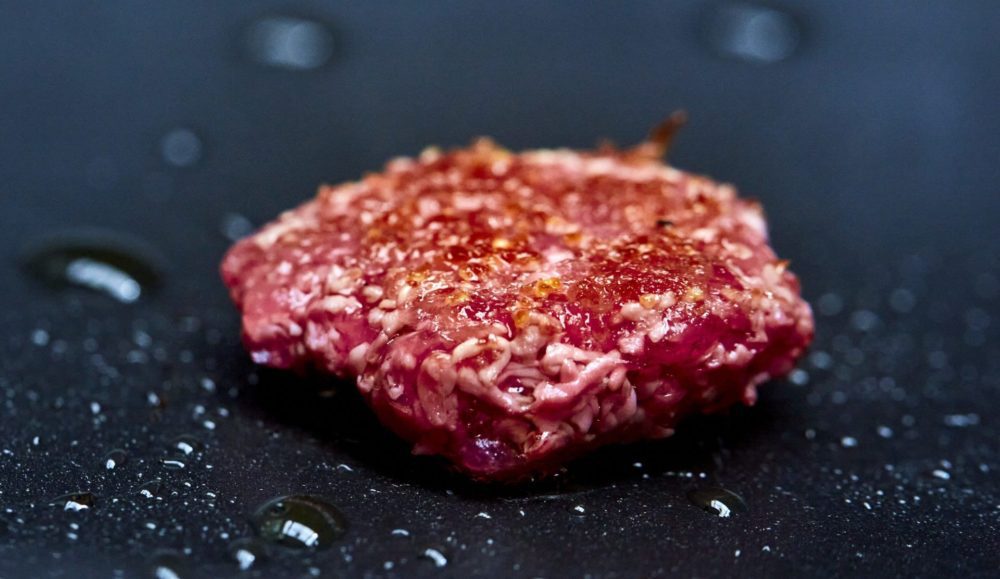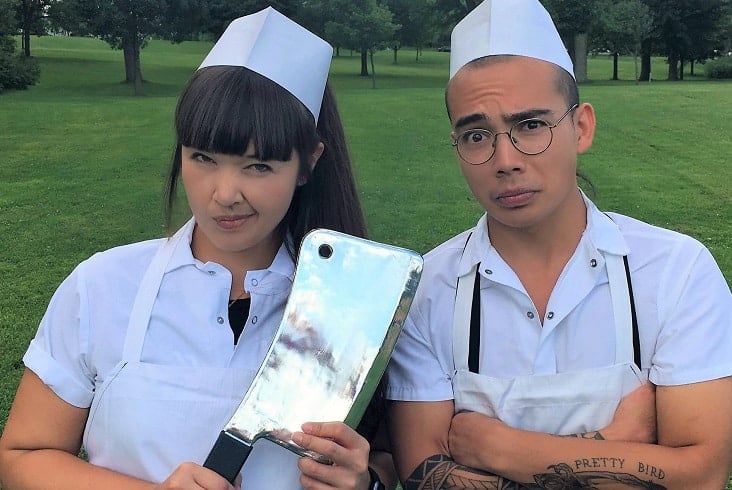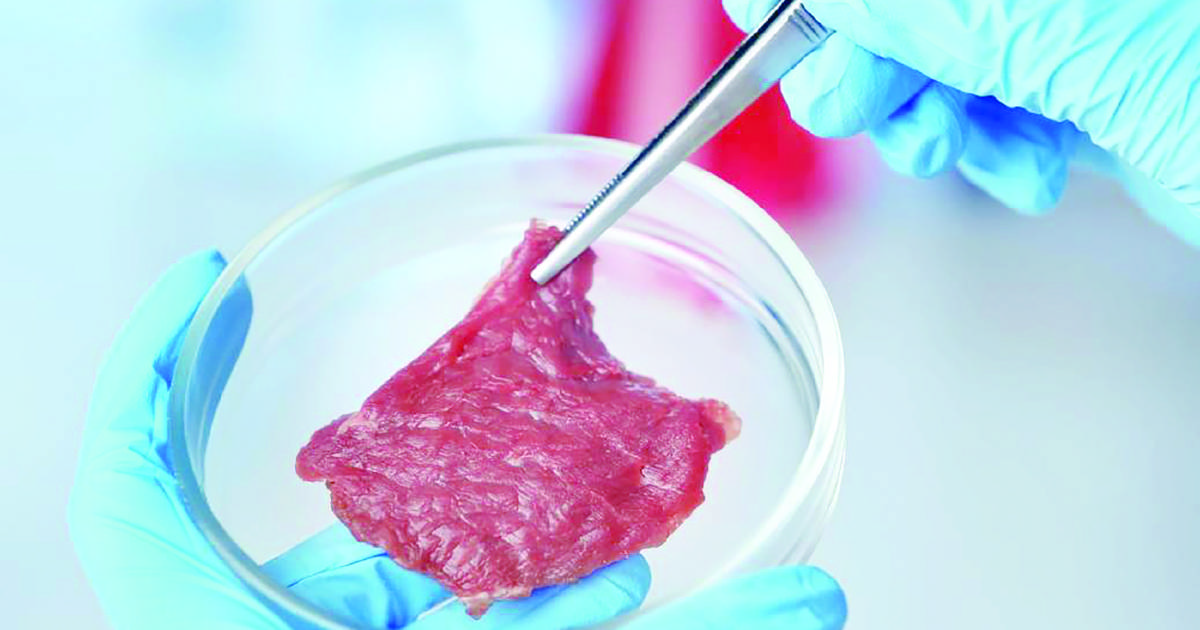Artificial intelligence is already used to concoct the flavour profiles of liquor and wine. In 17 years’ time, your breath and smart toilets could be telling you what to eat. CNA Lifestyle peers into the proverbial food crystal ball.
For all the augmented reality, metaverse gadgets, and AI-generated art and music that we now have, we have yet to invent those nifty appliances seen in movies such as the Back To The Future hydrator that makes a full-sized pizza in just two seconds. Or the oven in The Fifth Element that churns out a roast chicken big enough to feed a family of four – or one ravenous supreme being.
:format(webp)/cloudfront-us-east-1.images.arcpublishing.com/tgam/YMZZ2YWRNNPGBG253CRLAQTMYQ.JPG)
But what we do have today isn’t half-bad either – and far more palatable-looking than the bugs and grubs depicted in post-apocalyptic sci-fi movies, thank goodness. For instance, lab-grown beef could be bringing us closer to Star Trek’s utopic vision for food than you think, where, if you can dream it, you can eat it – as long as information on the food’s molecular structure is on file.
We’ve also come some ways from 2016’s meat-less beef burger patties. There are now plant-based chicken, pork and even seafood alternatives derived from ingredients such as soy, mushroom, wheat, jackfruit and chickpea. They let vegetarians and those who want to minimise the impact of food production on the environment tuck into siew mai, luncheon meat, chicken katsu, pulled pork sandwiches and tuna sushi with a little less guilt.
FORCES OF CHANGE
The food innovations we see in supermarkets are driven by some very real concerns: Climate change and threats to global food supplies. “For tropical countries like Singapore, we will face harsher and more volatile weather that shape Singaporeans’ lifestyles and work styles,” said Luke Tay, a food systems, sustainability and geopolitical analyst.

For instance, rising sea levels mean we’ll have to “adapt to living beside, on and with the sea”, and “expect more farmed and sustainably caught seafood and other foods like seaweed to be on tomorrow’s plates”, said Tay, who took part in the recent Deliveroo-commissioned report Snack To The Future, along with global food, science, technology and innovation industry experts.
In fact, the beef rendang, chicken chop, pork belly and fish soup of the future may not even come from livestock.
That’s because “our world is likely to face even greater challenges in terms of food production and environmental sustainability by 2040,” said Yip Hon Mun, a senior adviser on sustainable food technology, who also participated in the report.
Traditional livestock rearing requires “significant amounts of resources, contributes to deforestation and generates greenhouse gas emissions”, said Yip, while unsustainable practices such as overfishing and destructive fishing methods have led to crashing fish stocks in the oceans and imbalances in the marine ecosystems, according to the report.

** Click here to read the full-text **








